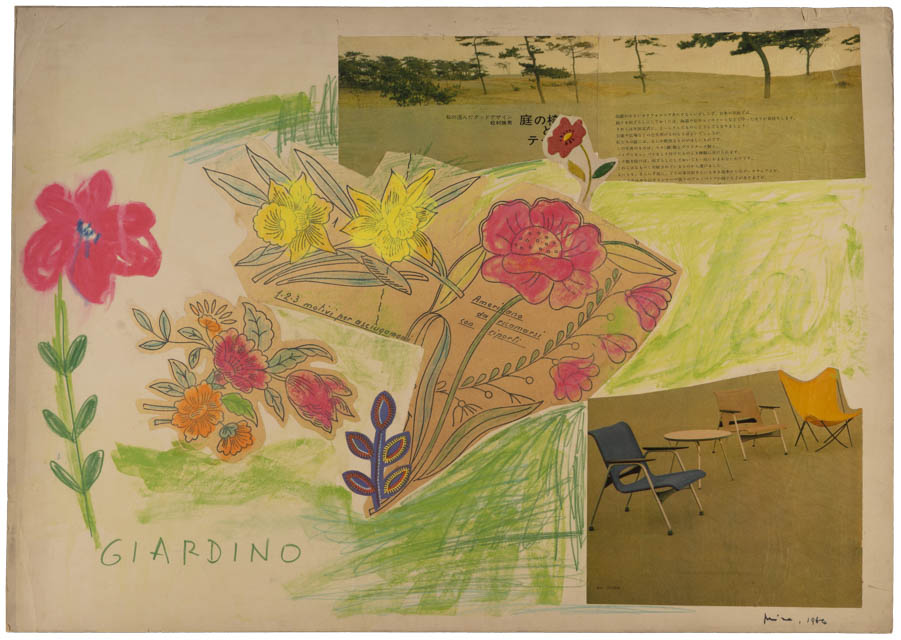Chegada ao Brasil e à palavra
Arriving in Brazil and to the word
Mira Schendel enfrentou inúmeras dificuldades entre 1941 e 1949, quando fugiu da Europa assolada pelo antissemitismo. Ela cruzou o Atlântico, trabalhando como datilógrafa, e, quando chegou ao Brasil em 1951, não se identificava plenamente com nenhuma nacionalidade. Começou a dedicar-se à pintura e publicou no jornal gaúcho Correio do Povo duas cartas abertas em que discutia a hostilidade enfrentada por imigrantes em solo brasileiro. Como artista, realizou um arco de experimentos pictóricos em que foi de representações de objetos com silhuetas esquemáticas em ambientes fechados até composições de elementos abstratos em campos ortogonais traçados à mão livre. Em paralelo, realizava projetos editoriais, que compartilhavam com a pintura a insinuação de uma malha gráfica estruturante. Na década de 1960, Mira revisitou a representação de objetos cotidianos, encontrando em rótulos uma primeira oportunidade de trazer para o centro das composições a grafia de palavras escritas, antes presentes na assinatura, título e data que ela posicionava habilmente em suas obras. A partir de 1964, Mira produziu desenhos e colagens em que experimentou usar rótulos de embalagens e outros impressos, além de citar textos e poemas. A letra, a palavra, o texto adentravam os seus processos com mais ênfase.
Mira Schendel faced numerous challenges between 1941 and 1949, when she fled Europe, ravaged by anti-Semitism. She crossed the Atlantic working as a typist, and when she arrived in Brazil in 1951, she did not fully identify with any nationality. She began dedicating herself to painting and published two open letters in the southern Brazilian newspaper Correio do Povo, in which she discussed the hostility faced by immigrants on Brazilian soil. As an artist, she undertook a series of pictorial experiments that ranged from representations of objects with schematic silhouettes in enclosed environments to compositions of abstract elements in hand-drawn orthogonal fields. In parallel, she worked on editorial projects that shared with her painting practice the suggestion of a structuring graphic grid. In the 1960s, Mira revisited the representation of everyday objects, finding in labels the first opportunity to bring the writing of words – previously confined to the signature, title, and date skillfully placed on her works – to the forefront of her compositions. From 1964 onwards, Mira produced drawings and collages in which she experimented with using packaging labels and other printed materials, as well as incorporating texts and poems. The letter, the word, and the text entered her processes with increasing emphasis.
Mira Schendel, carta aberta "Imigrantes de hoje e brasileiros de amanhã"
Mira Schendel, open letter "Imigrantes de hoje e brasileiros de amanhã" [Immigrants of today and Brazilians of tomorrow]
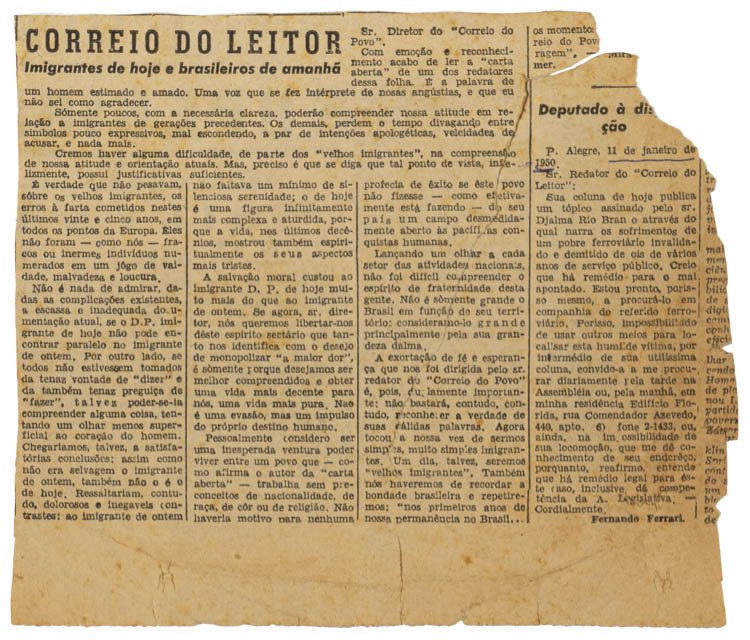 Mira Schendel, carta aberta "Imigrantes de hoje e brasileiros de amanhã", Correio do Povo, 11 de janeiro de 1950. / Mira Schendel, open letter "Imigrantes de hoje e brasileiros de amanhã" [Immigrants of today and Brazilians of tomorrow], Correio do Povo, January 11, 1950
Mira Schendel, carta aberta "Imigrantes de hoje e brasileiros de amanhã", Correio do Povo, 11 de janeiro de 1950. / Mira Schendel, open letter "Imigrantes de hoje e brasileiros de amanhã" [Immigrants of today and Brazilians of tomorrow], Correio do Povo, January 11, 1950
CORREIO DO LEITOR
Imigrantes de hoje e brasileiros de amanhã
Sr. Diretor do “Correio do Povo”.
Com emoção e reconhecimento acabo de ler a “carta aberta” de um dos redatores dessa folha. É a palavra de um homem estimado e amado. Uma voz que se fez intérprete de nosas angústias, e que eu não sei como agradecer. Sómente poucos, com a necessária clareza, poderão compreender nossa atitude em relação a imigrantes de gerações precedentes. Os demais, perdem o tempo de divagando entre simbolos poucos expressivos, mal escondendo, a par de intenções apologéticas, veleidades de acusar, e nada mais.
Cremos haver alguma dificuldade, de parte dos “velhos imigrantes”, na compreensão de nossa atitude e orientação atuais. Mas, preciso é que se diga que tal ponto de vista, infelizmente, possui justificativas suficientes.
É verdade que não pesavam sôbre os velhos imigrantes, os erros à farta cometidos nestes últimos vinte e cinco anos, em todos os pontos da Europa. Éles não foram – como nós – fracos ou inermes indivíduos numerados em um jôgo de vaidade, malvadeza e loucura.
Não é nada de admirar, dadas as complicações existentes, a escassa e inadequada documentação atual, se o D.P. imigrante de hoje não pode encontrar paralelo no imigrante de ontem. Por outro lado, se todos não estivessem tomados da tenaz vontade de “dizer” e da também tenaz preguiça de “fazer”, talvez poder-se-ia compreender alguma coisa, tentando um olhar menos superficial ao coração do homem. Chegariamos, talvez, a satisfatórias conclusões: assim como não era selvagem o imigrante de ontem, também não o é o de hoje. Ressaltariam contudo, dolorosos e inegaveis contrastes: ao imigrante de ontem não faltava um mínimo de silenciosa serenidade; o de hoje é uma figura infinitamente mais complexa e aturdida, porque a vida, nos últimos decênios, mostrou também espiritualmente os seus aspectos mais tristes.
A salvação moral custou ao imigrante D.P. de hoje muito mais do que ao imigrante de ontem. Se agora, sr. diretor, nós queremos libertar-nos dêste espírito sectário que tanto nos identifica com o desejo de monopolizar “a maior dor”, é sòmente porque desejamos ser melhor compreendidos e obter uma vida mais decente para nós, uma vida mais pura. Nao é uma evasão, mas um impulso do próprio destino humano.
Pessoalmente considero ser uma inesperada ventura poder viver entre um povo que – como afirma o autor da “carta aberta” – trabalha sem preconceitos de nacionalidade, de raça, de côr ou de religião. Não haveria motivo para nenhuma profecia de êxito de êste povo não fizesse – como efetivamente está fazendo – do seu país um campo desmedidamente aberto às pacíficas conquistas humanas.
Lançado um olhar a cada setor das atividades nacionais, não foi difícil compreender o espírito de fraternidade desta gente. Não é sòmente grande o Brasil em função de seu território: consideramo-lo grande principalmente pela sua grandeza dalma.
A exortação de fé e esperança que nos foi dirigida pelo sr. redator do “Correio do Povo” é, pois, duplamente importante: não bastará, contudo, reconhecer a verdade de suas cálidas palavras. Agora tocou a nossa vez de sermos simples, muito simples imigrantes. Um dia, talvez seremos “velhos imigrantes”. Também nós haveremos de recordar a bondade brasileira e repetiremos: “nos primeiros anos de nossa permanência no Brasil… [trecho ilegível] os momentos [trecho ilegível] reio do Pov [trecho ilegível] ragem”.
Mira [Hargesjei] mer.
 Mira Schendel, carta aberta "Imigrantes de hoje e brasileiros de amanhã", Correio do Povo, 11 de janeiro de 1950. / Mira Schendel, open letter "Imigrantes de hoje e brasileiros de amanhã" [Immigrants of today and Brazilians of tomorrow], Correio do Povo, January 11, 1950
Mira Schendel, carta aberta "Imigrantes de hoje e brasileiros de amanhã", Correio do Povo, 11 de janeiro de 1950. / Mira Schendel, open letter "Imigrantes de hoje e brasileiros de amanhã" [Immigrants of today and Brazilians of tomorrow], Correio do Povo, January 11, 1950
LETTER OF THE READER
Immigrants of today and Brazilians of tomorrow
Mr. Director of Correio do Povo,
With emotion and acknowledgement, I have just read the “open letter” from one of your paper’s editors. It is the writing of a man who is esteemed and loved. A voice that has become an interpreter of our anguish, and I don’t know how to express my gratitude. Very few people are able to understand, with the necessary clarity, our attitude towards immigrants of earlier generations. The rest wastes time musing about inexpressive symbols, barely concealing, alongside apologetic intentions, a desire to accuse, and nothing else.
We believe that there is some difficulty on the part of the “old immigrants” in understanding our current attitude and orientation. But, it must be said that such a point of view, unfortunately, has sufficient justifications.
It is true that the burdens placed on the old immigrants did not include the countless errors committed over the last 25 years in every corner of Europe. They were not – as we were – helpless individuals caught up in a game of vanity, cruelty, and madness.
It is not surprising, given the existing complications and the scarce and inadequate documentation, that today’s D.P. [Displaced Person] cannot find parallels with yesterday’s immigrant. On the other hand, if everyone were not so eager to “speak” and equally lazy to “act,” perhaps something could be understood by taking a less superficial look at the heart of humanity. We might, perhaps, reach some satisfactory conclusions: just as the immigrant of yesterday was not savage, neither is the immigrant of today. However, painful and undeniable contrasts would stand out: the immigrant of yesterday possessed a certain minimum of quiet serenity; the immigrant of today is an infinitely more complex and troubled figure because life, in the last few decades, has also spiritually revealed its saddest aspects.
The moral salvation of today’s D.P. has cost far more than that of yesterday’s immigrant. If now, Mr. Director, we want to free ourselves from this sectarian spirit that so often identifies us with the desire to monopolize “the greatest suffering,” it is only because we wish to be better understood and to obtain a more decent, purer life for ourselves. It is not an escape, but an impulse of human destiny itself.
Personally, I consider it an unexpected fortune to be able to live among people who – as the author of the “open letter” affirms – work without prejudice regarding nationality, race, color, or religion. There would be no reason to prophesy the success of these people if they were not – as they indeed are – turning their country into an immensely open field for peaceful human endeavors.
When looking at each sector of national activities, it was not difficult to grasp the spirit of fraternity among these people. Brazil is not only large in terms of its territory: we consider it great primarily because of its greatness of soul.
The call for faith and hope that was addressed to us by the editor of Correio do Povo is, therefore, doubly important: it is not enough, however, to merely acknowledge the truth of his heartfelt words. Now it is our turn to be simple, very simple immigrants. One day, perhaps we will become “old immigrants.” We, too, will remember the kindness of Brazilians, and we will repeat: “in the first years of our stay in Brazil… [illegible section] moments [illegible section] reign of the people [illegible section] rage.”
Mira [Hargesjei] mer.
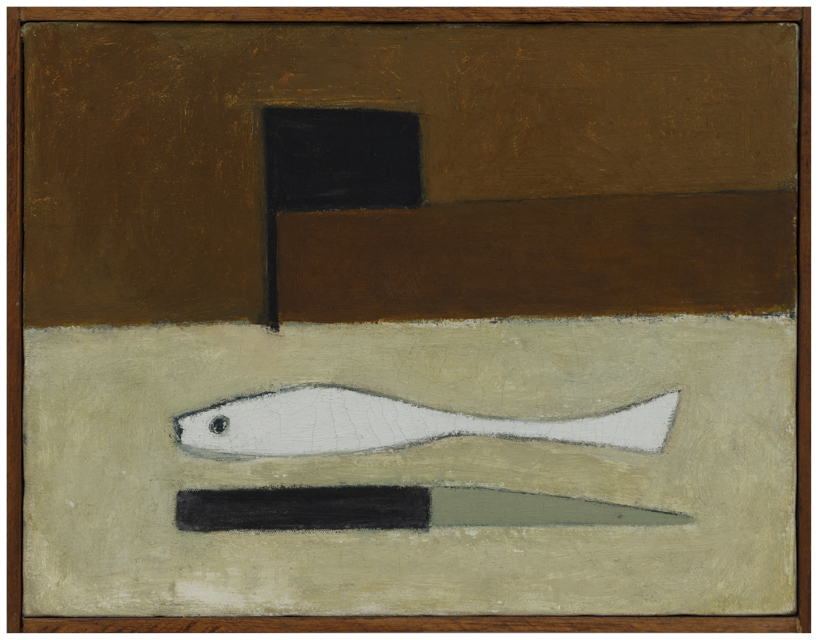
Sem título, 1953
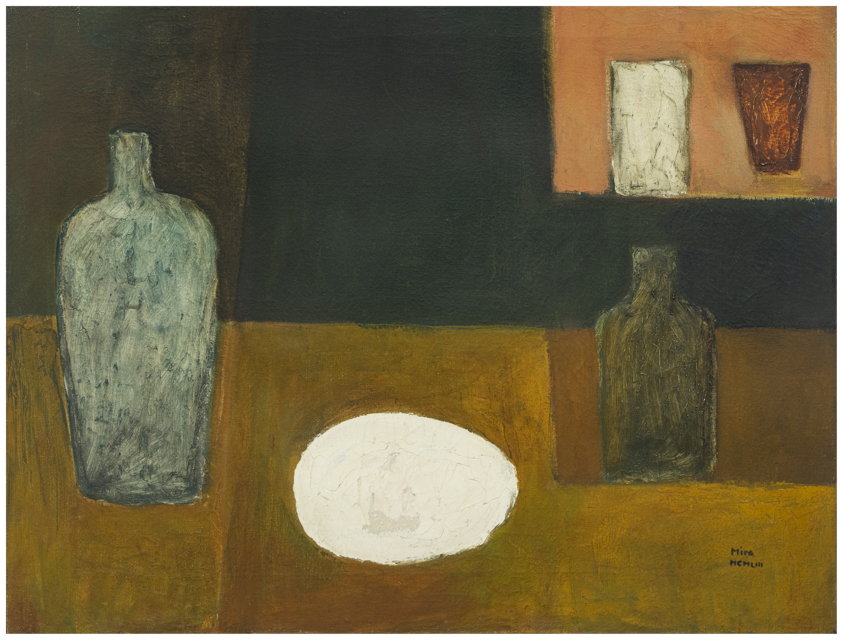
Sem título, 1952
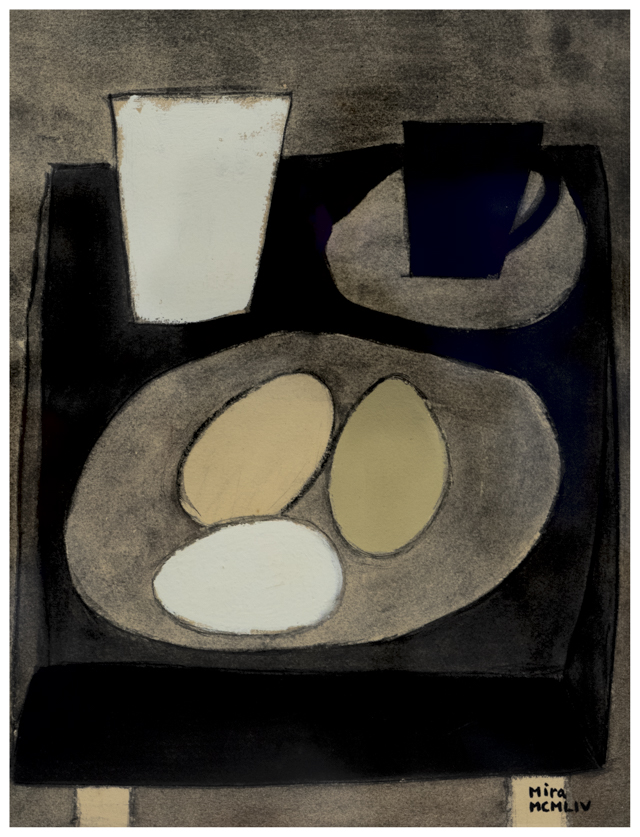
Sem título, 1954
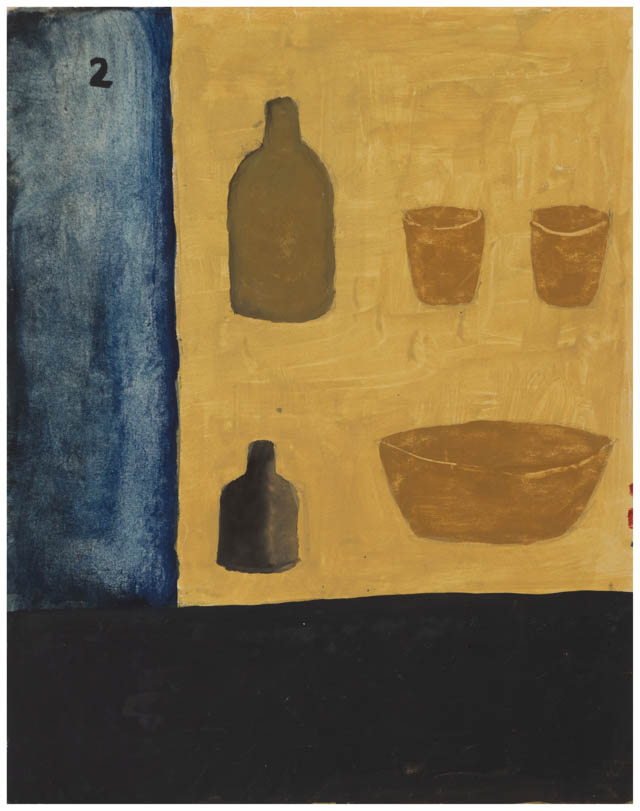
Sem título, s.d.
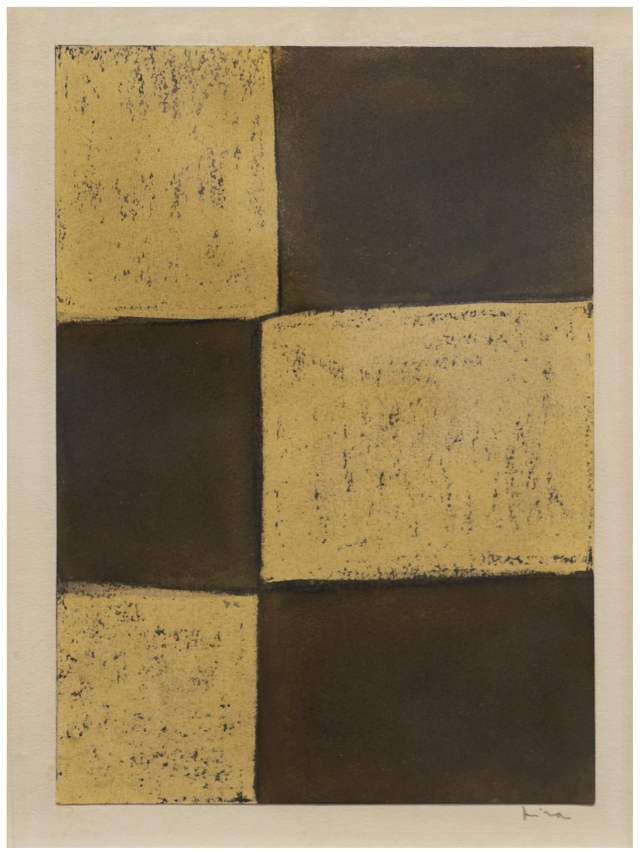
Sem título, s.d.
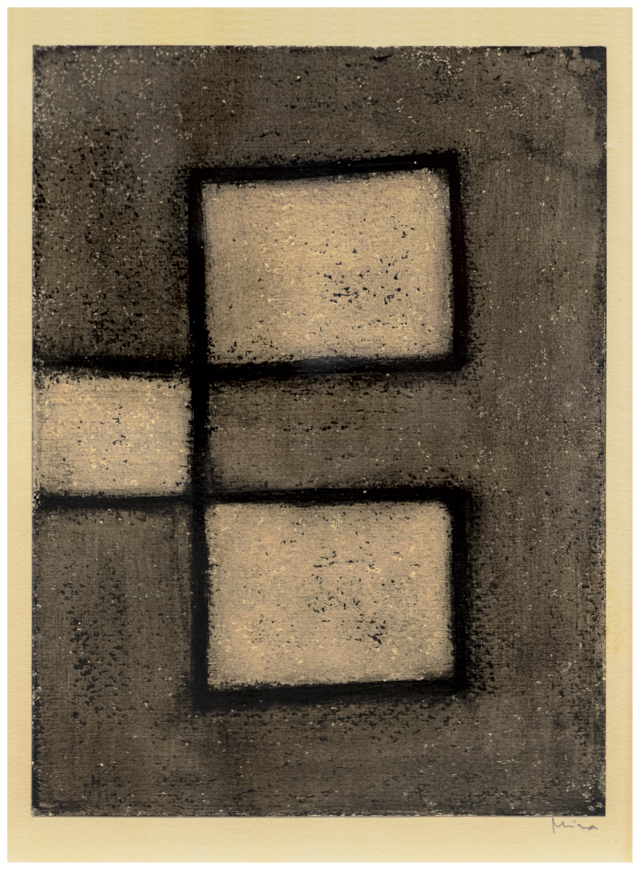
Sem título, s.d.
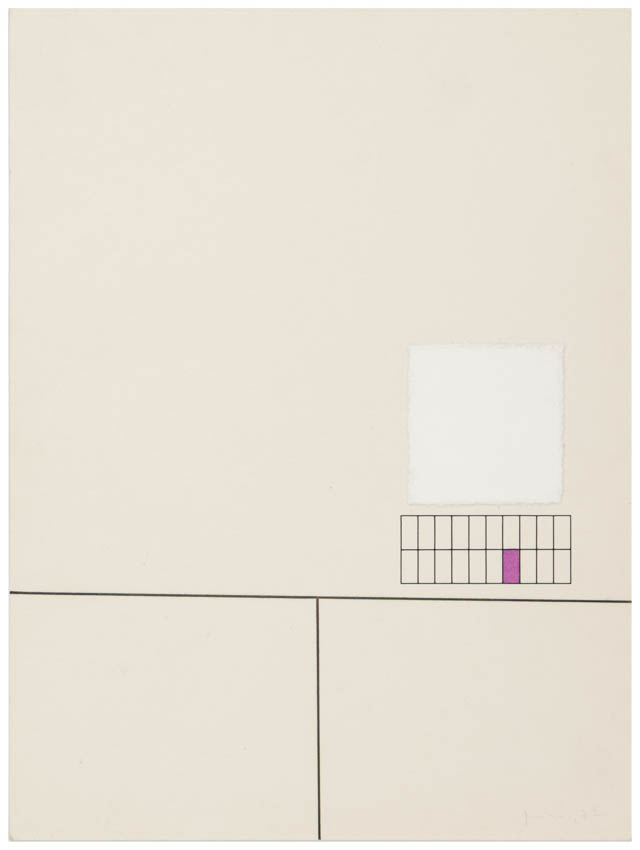
Sem título, 1972
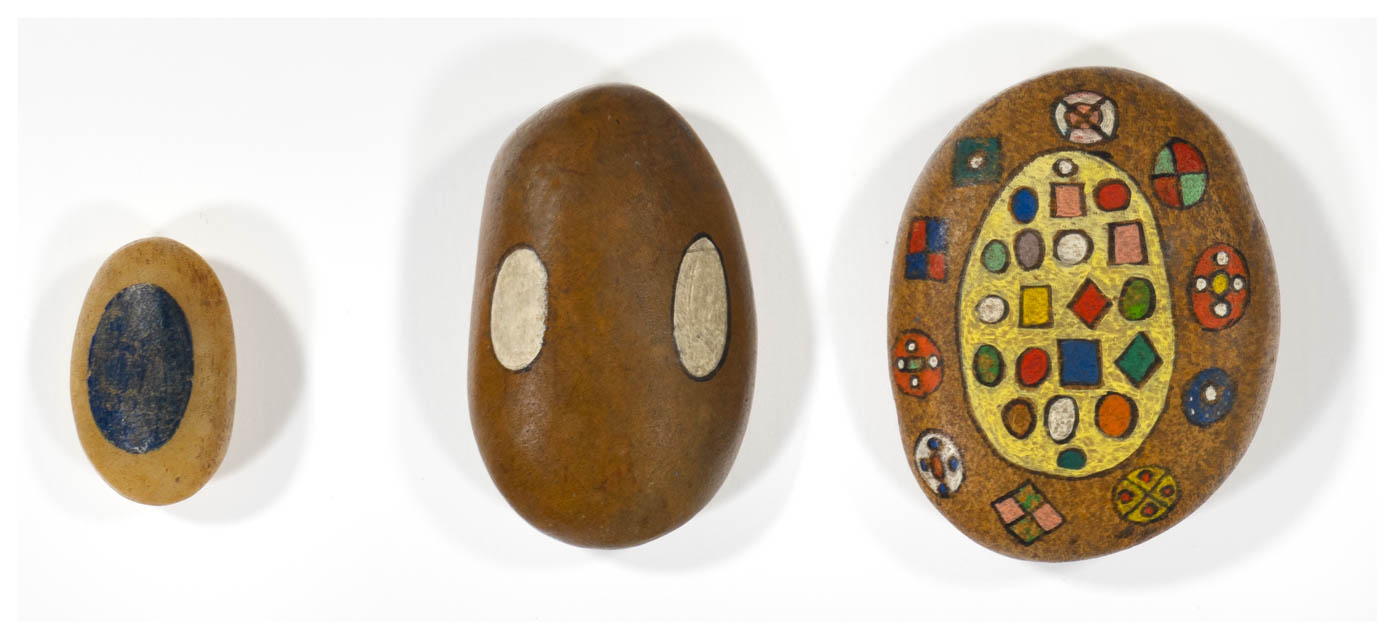
Sem título, s.d.
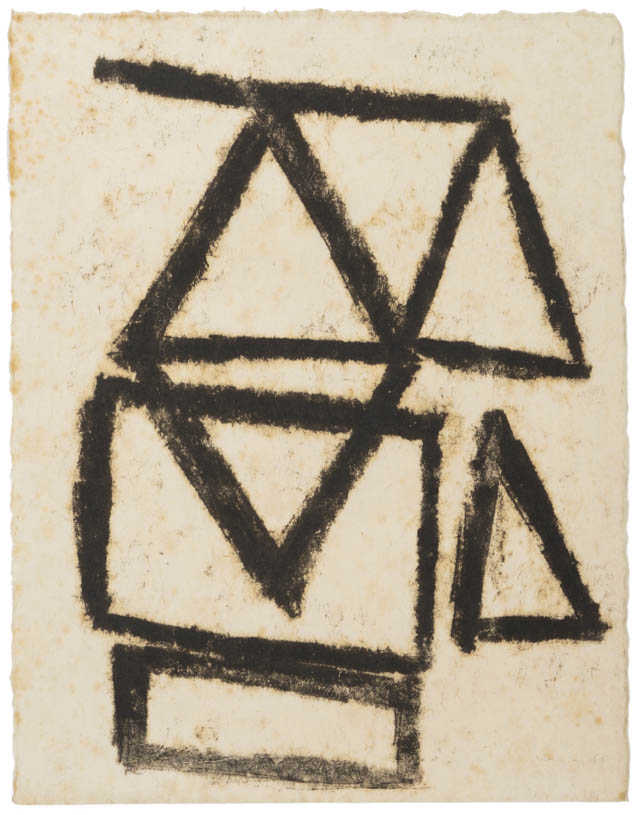
Sem título, s.d.
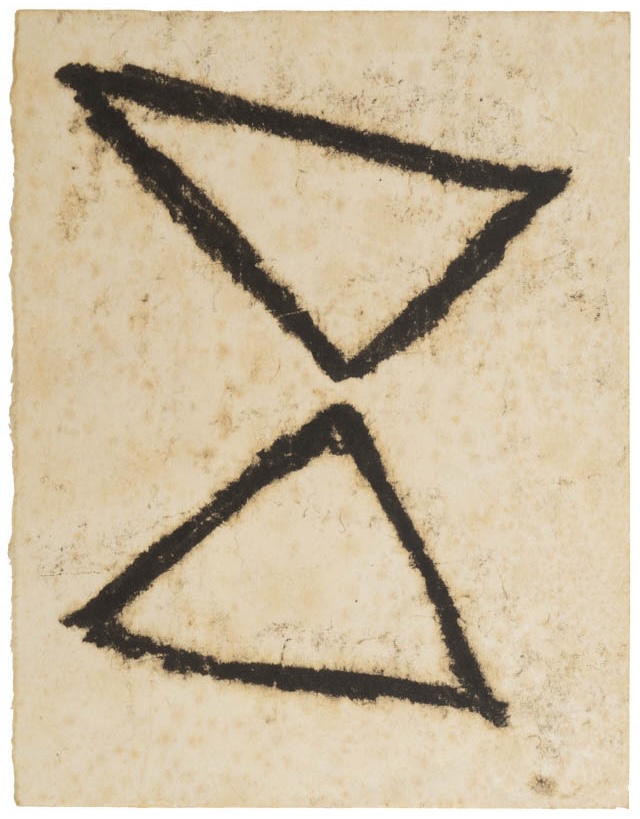
Sem título, s.d.
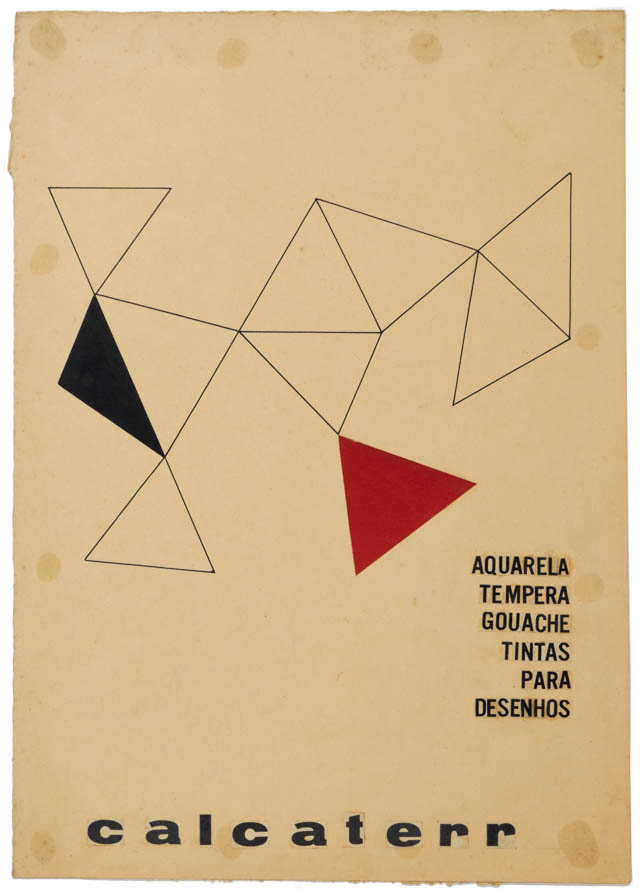
Sem título, década de 1960
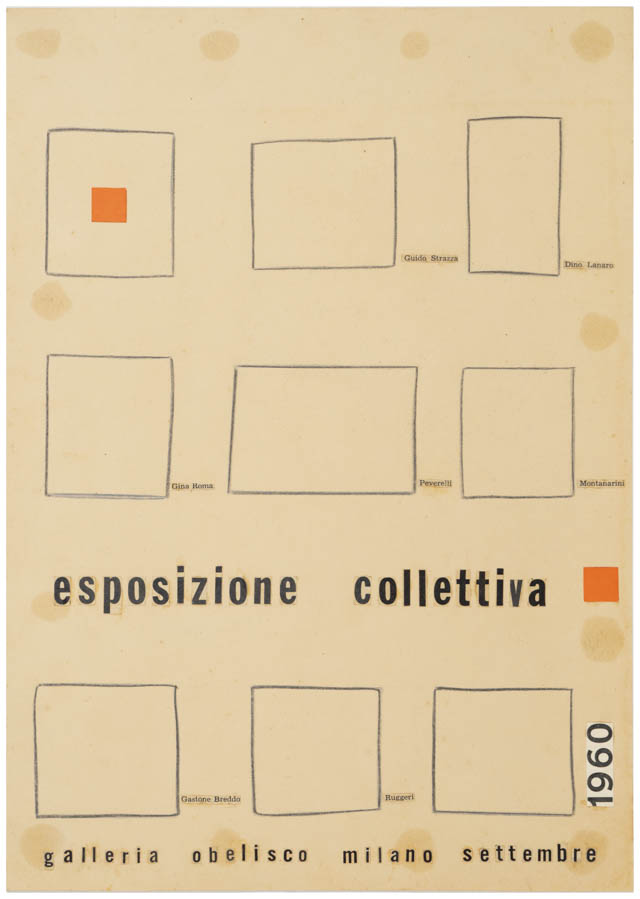
Sem título, década de 1960
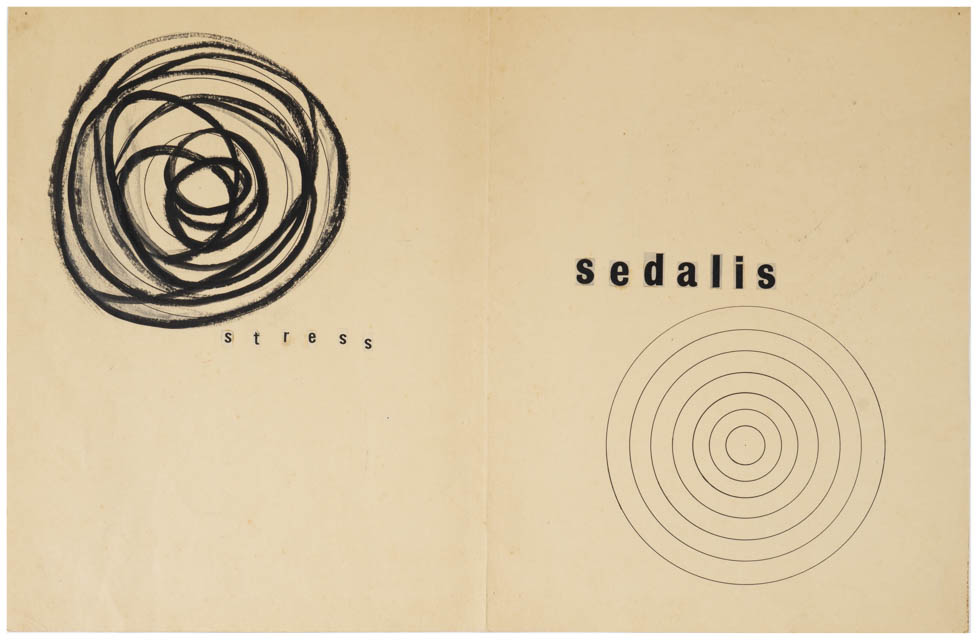
Sem título, década de 1960
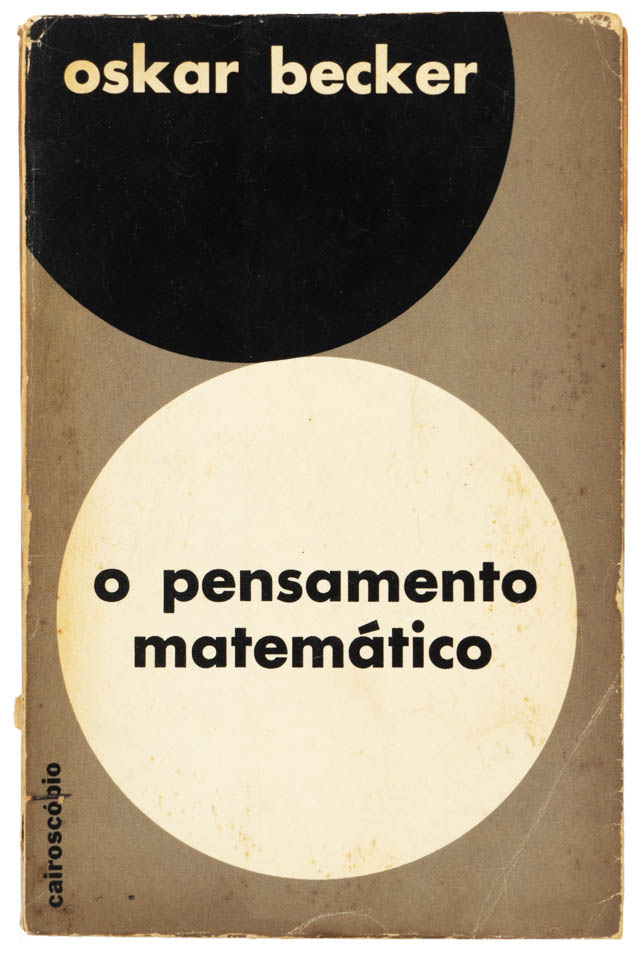
Oskar Becker – O pensamento matemático, 1965

Nicolas Boér – Alemanha na Encruzilhada, 1962
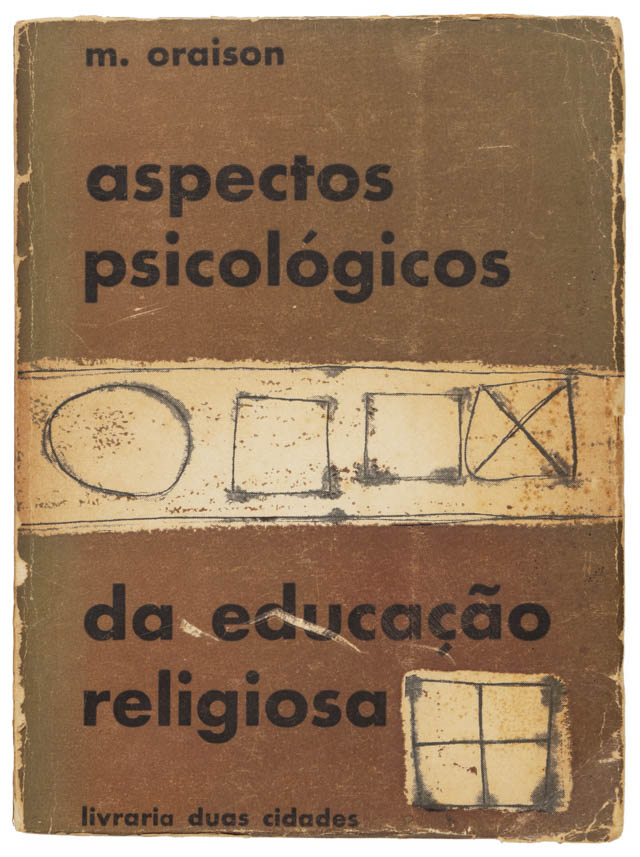
Marc Oraison – Aspectos psicológicos da educação religiosa, 1962

Cornelio Fabro – Deus – Introdução ao Problema Teológico, 1967
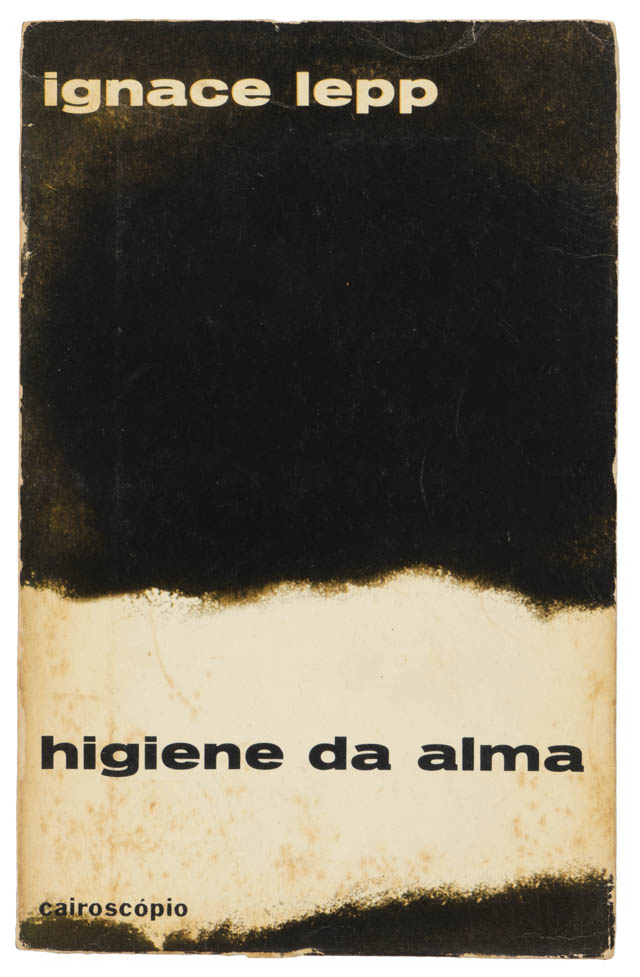
Ignace Iepp – Higiene da Alma, 1966
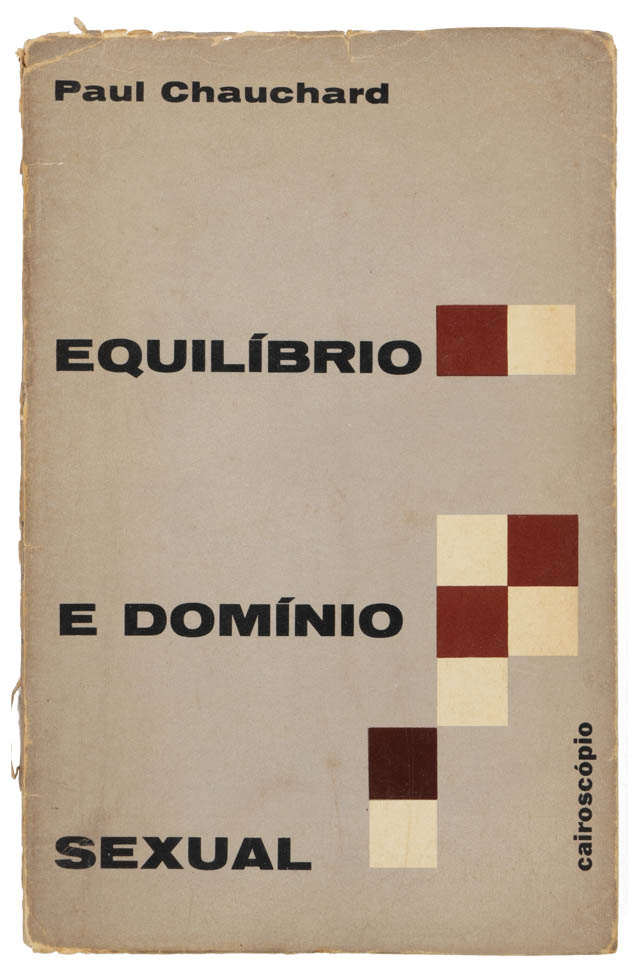
Paul Chauchard – Equilíbrio e Domínio Sexual, 1962
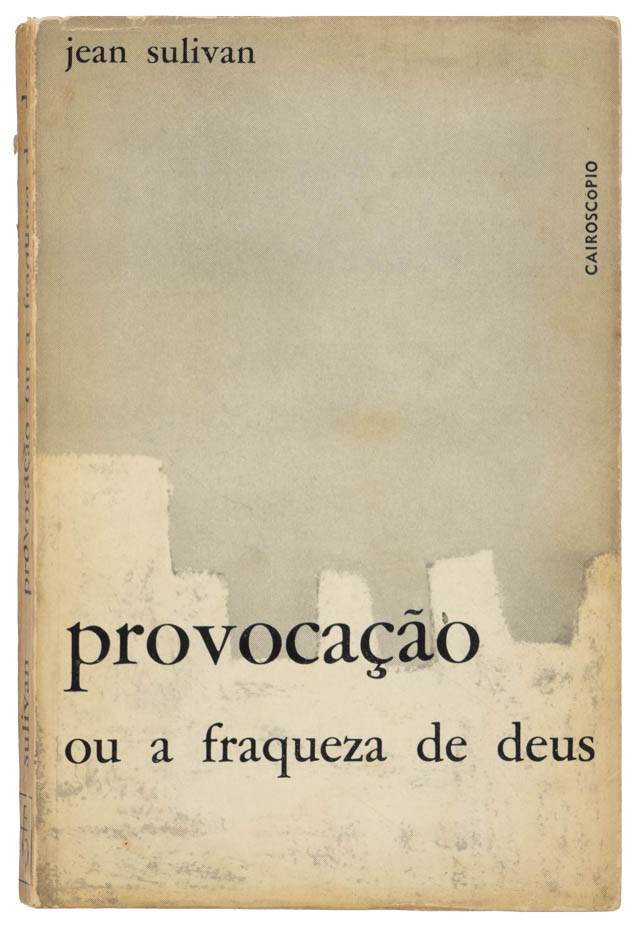
Jean Sulivan – Provocação ou a Fraqueza de Deus, 1966
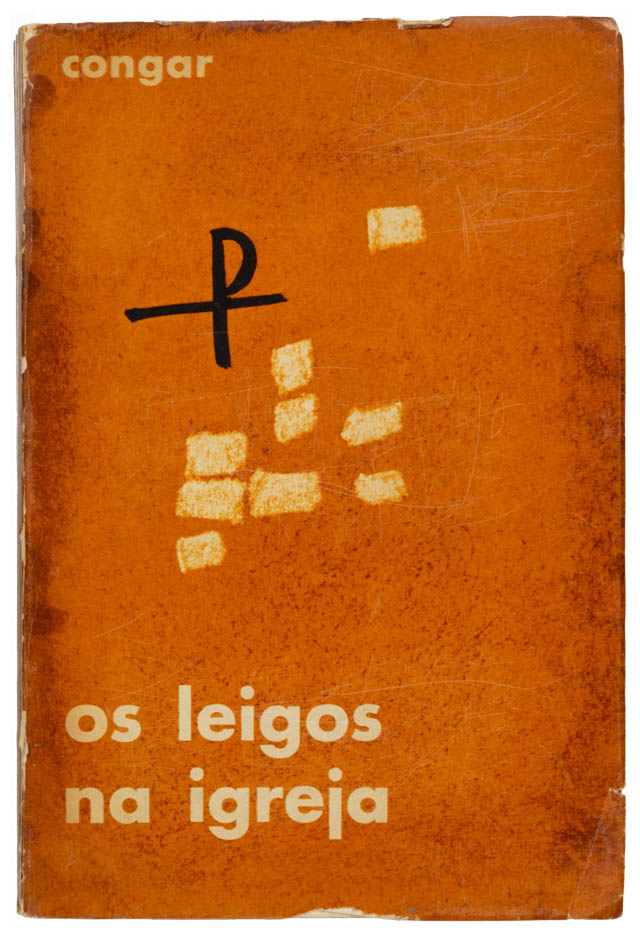
Yves Congar – Os Leigos na Igreja, 1966
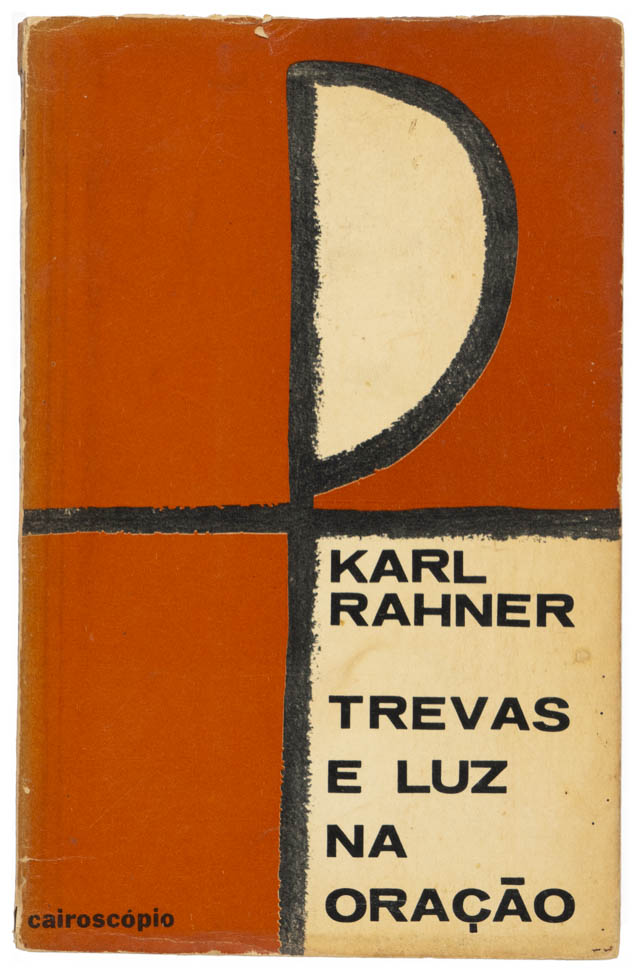
Karl Rahner – Trevas e Luz na Oração, 1961
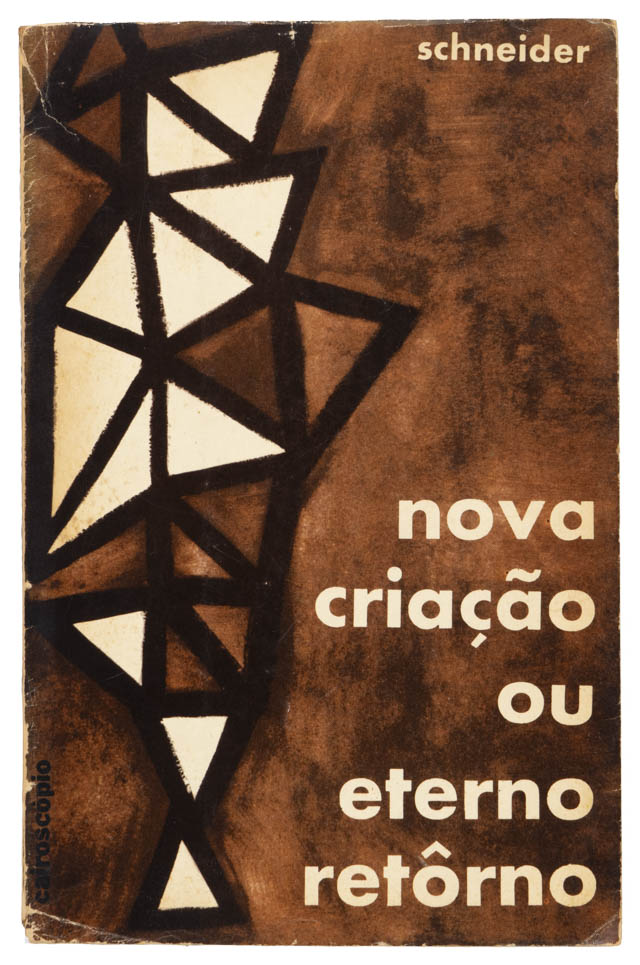
Gerhard Schneider – Nova Criação ou Eterno Retorno, 1966
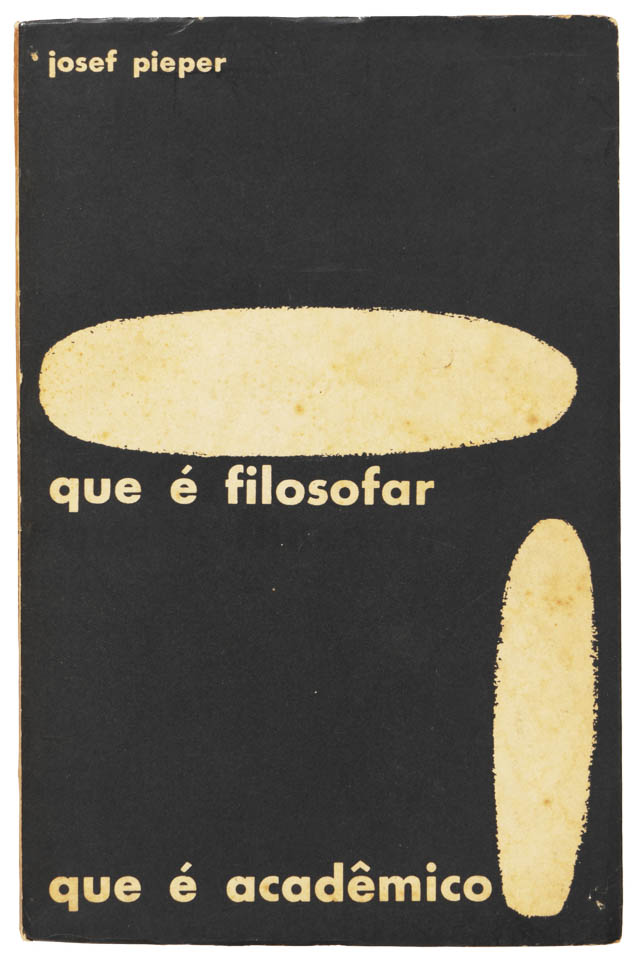
Josef Pieper – Que é filosofar? , 1968
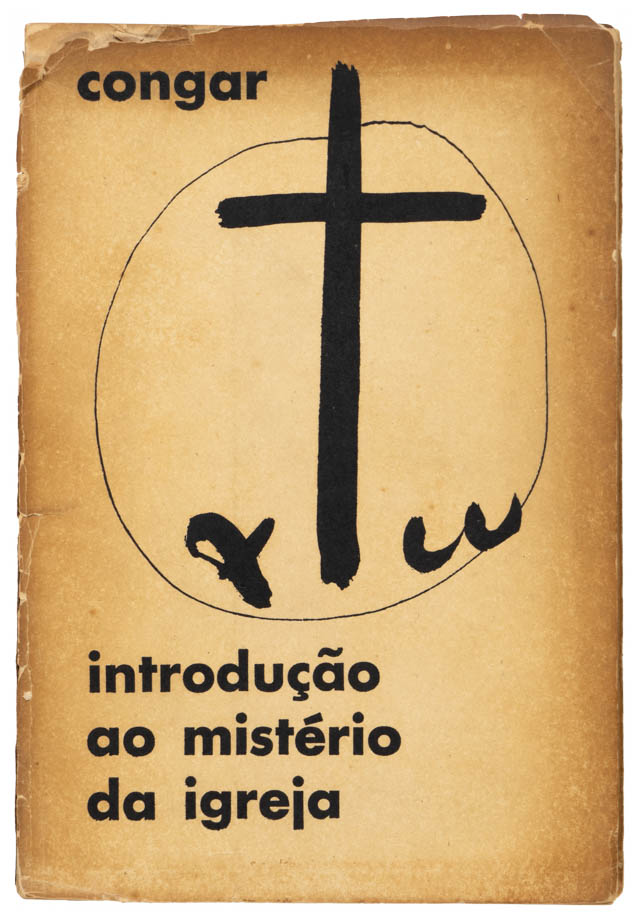
Yves Congar – Introdução ao Mistério da Igreja, 1966
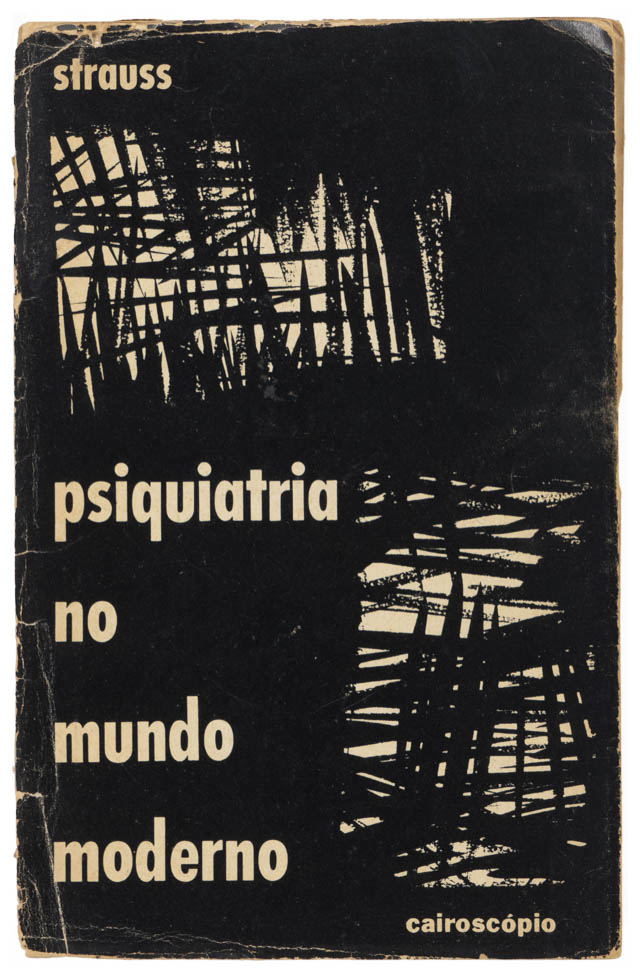
Eric Benjamin Strauss – Pisiquiatria no Mundo Moderno, 1962
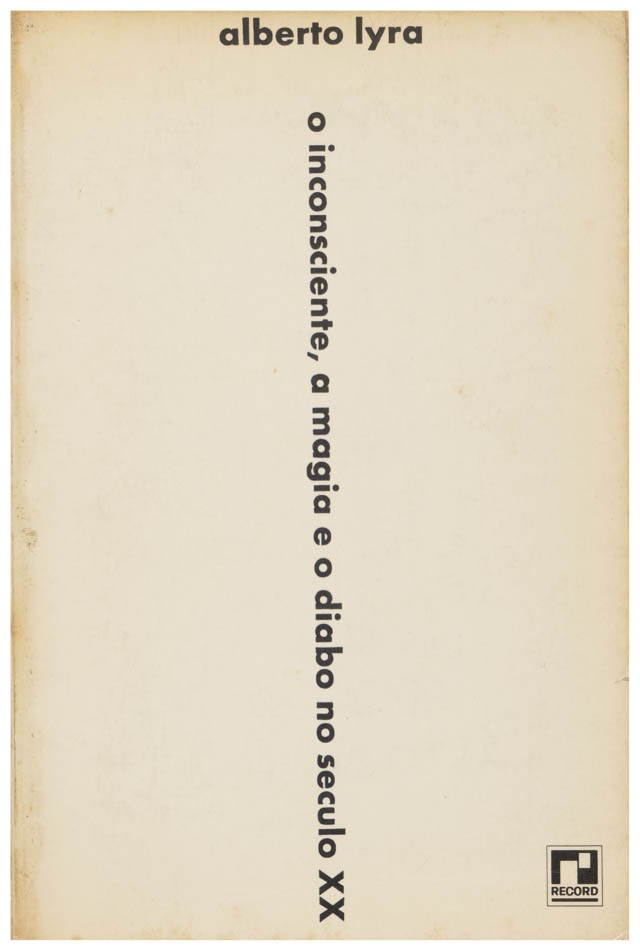
Alberto Lyra – O inconsciente, a magia e o diabo no século XX, 1973
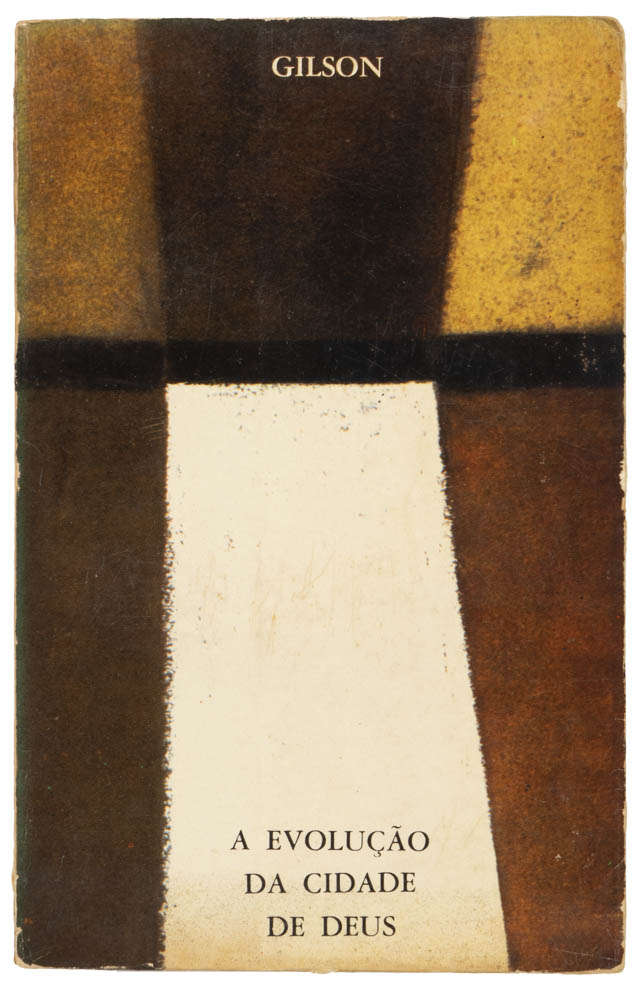
Étienne Gilson – A Evolução da Cidade de Deus, 1965
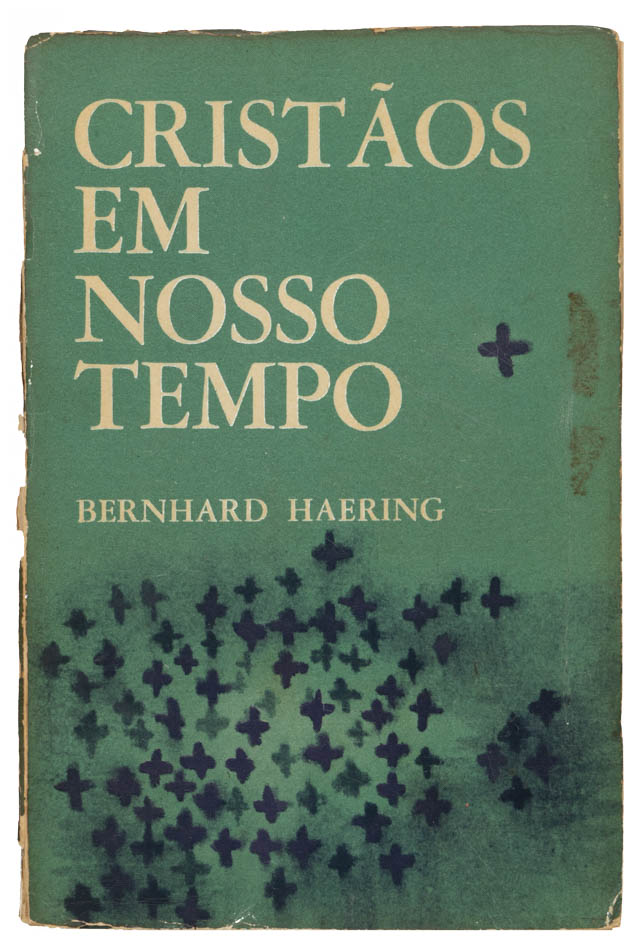
Bernhard Häring – Cristãos em Nosso Tempo, 1965
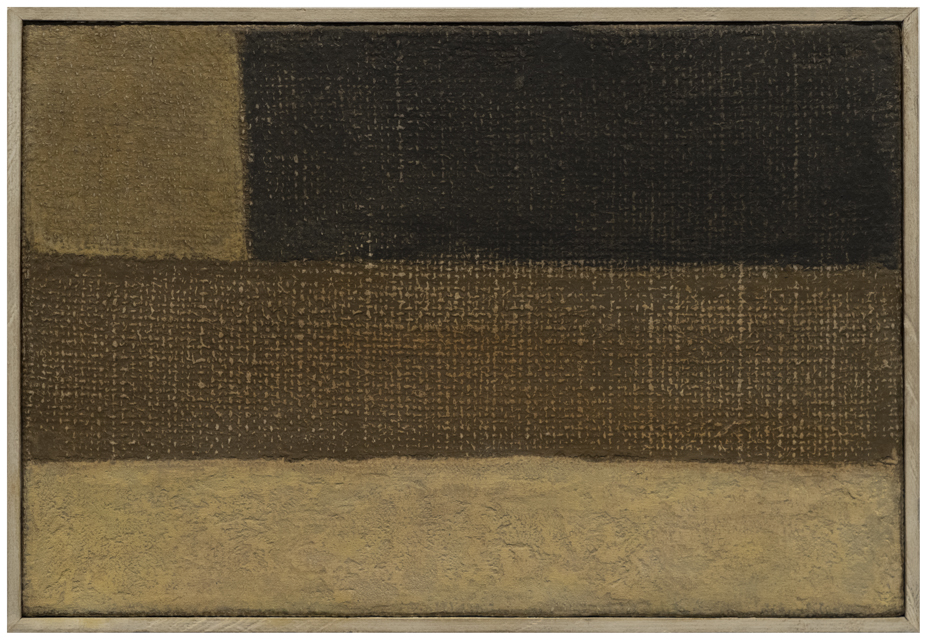
Sem título, 1964
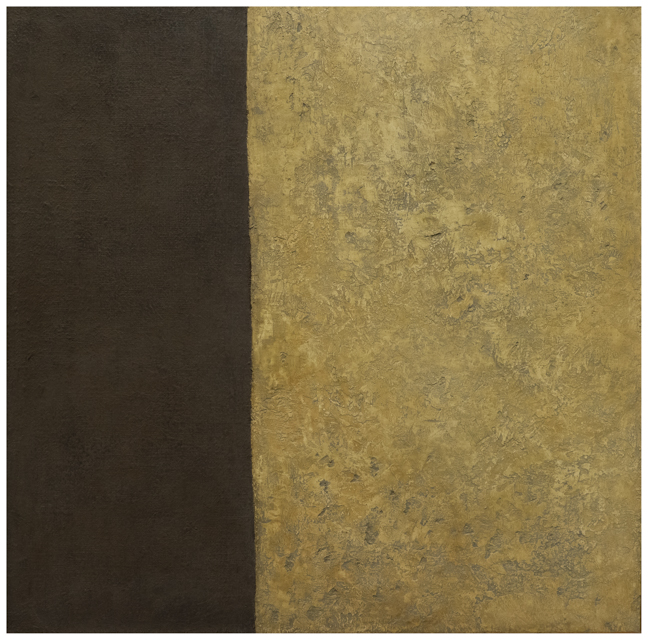
Sem título, década de 1960
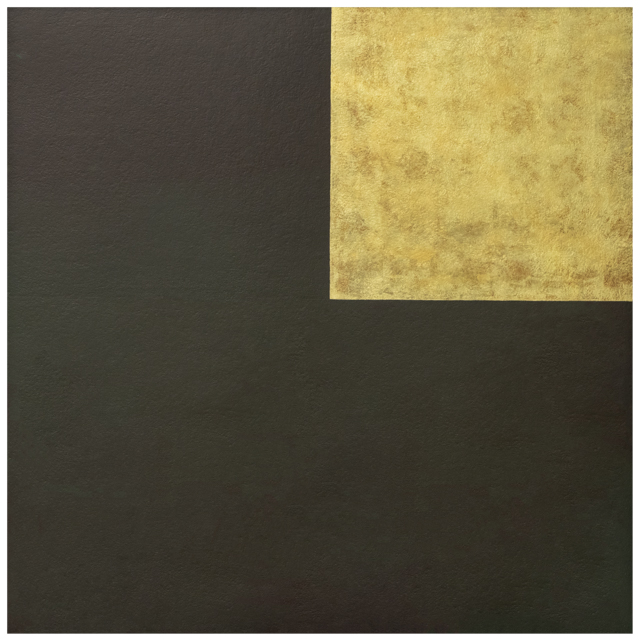
Sem título, s.d.
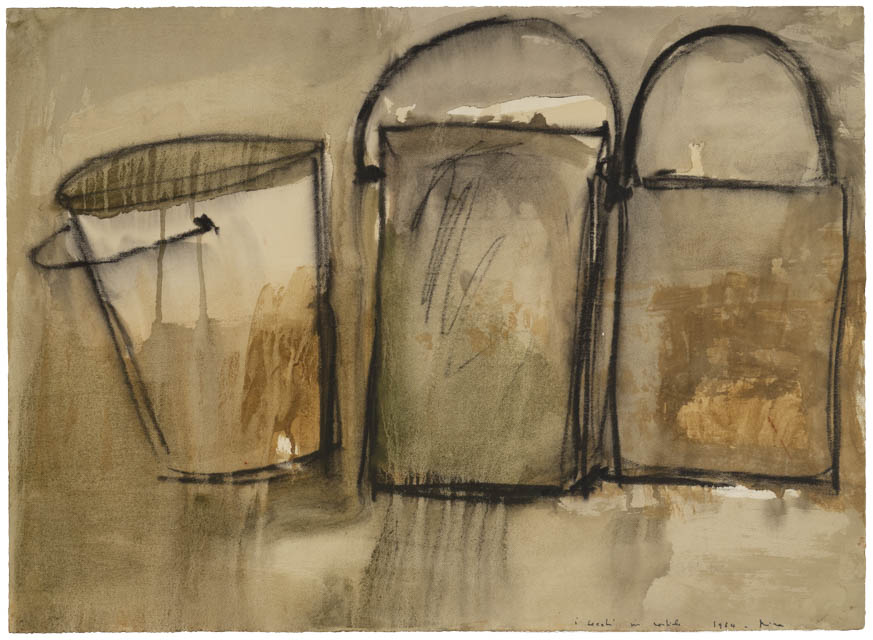
Sem título, 1964
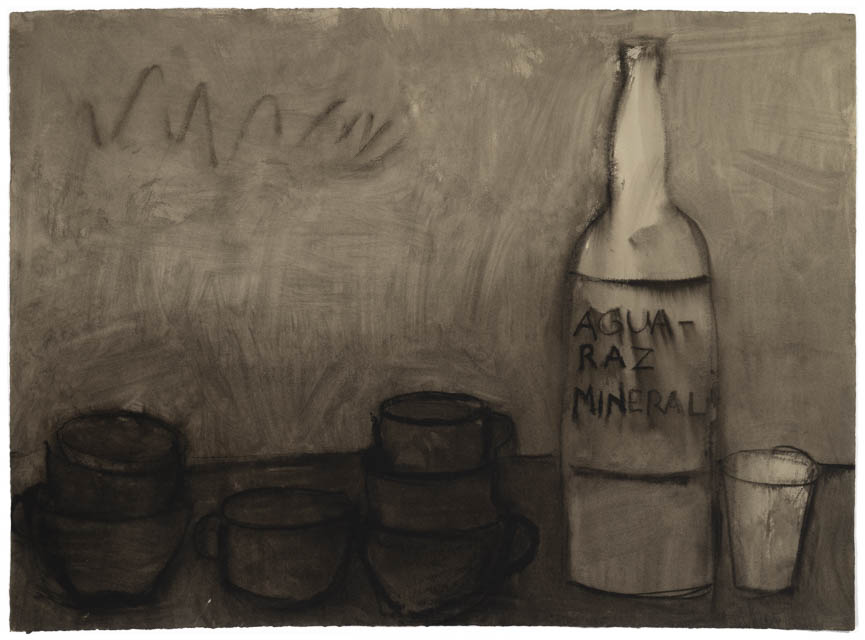
Sem título, 1964
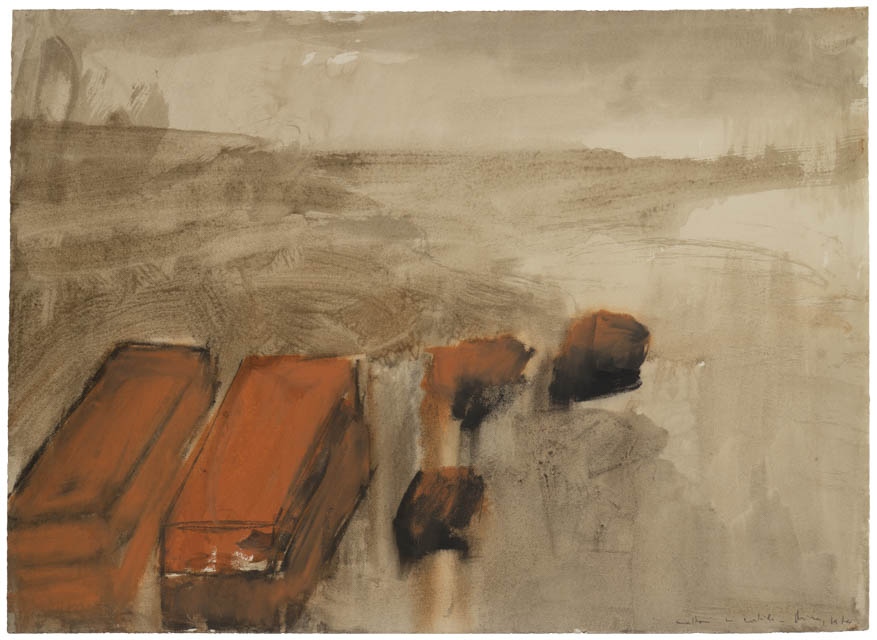
Sem título, 1974
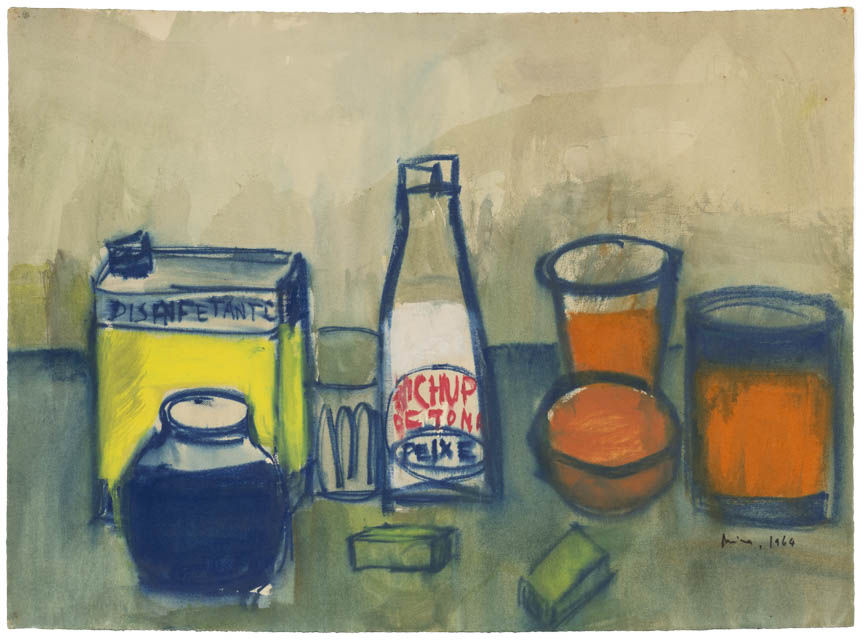
Sem título, 1964
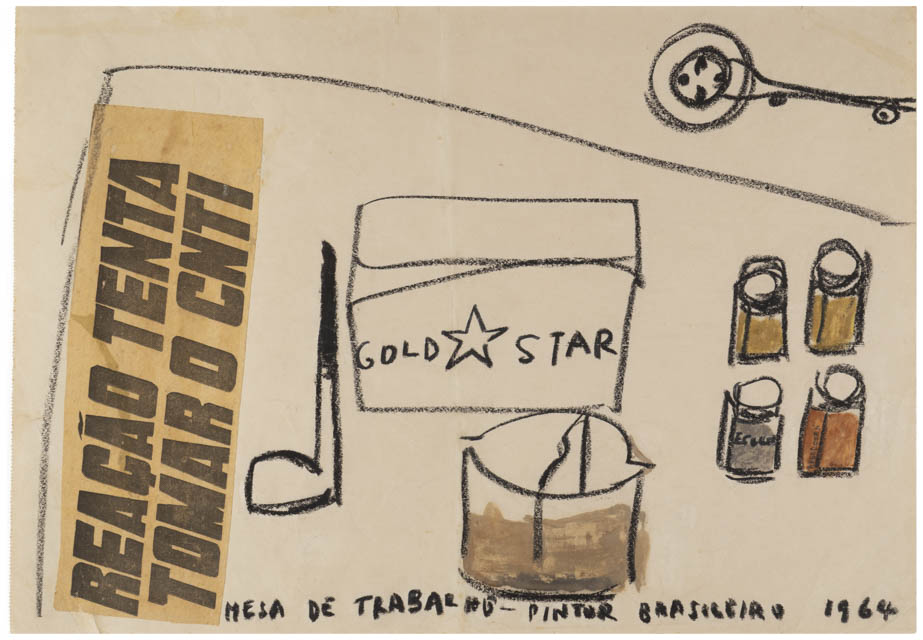
Sem título, 1964
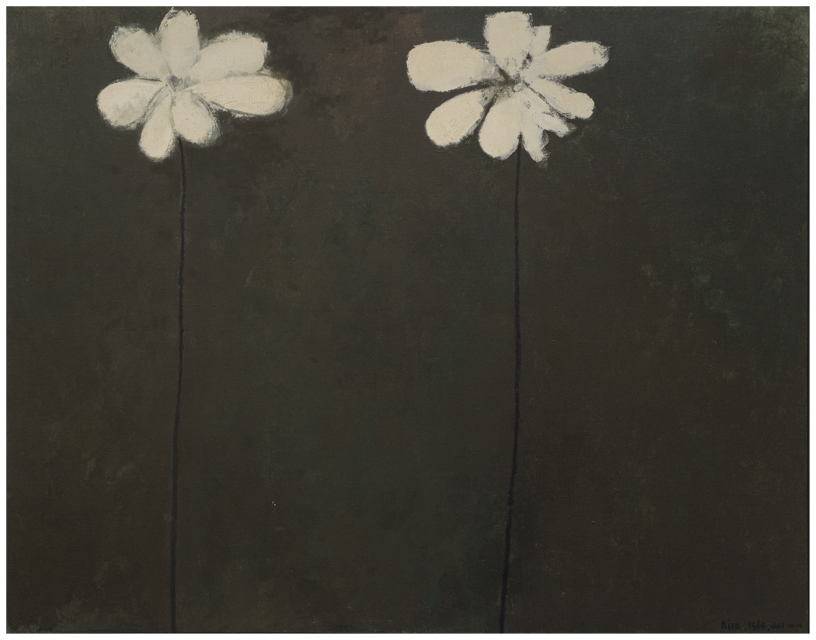
Sem título, 1964
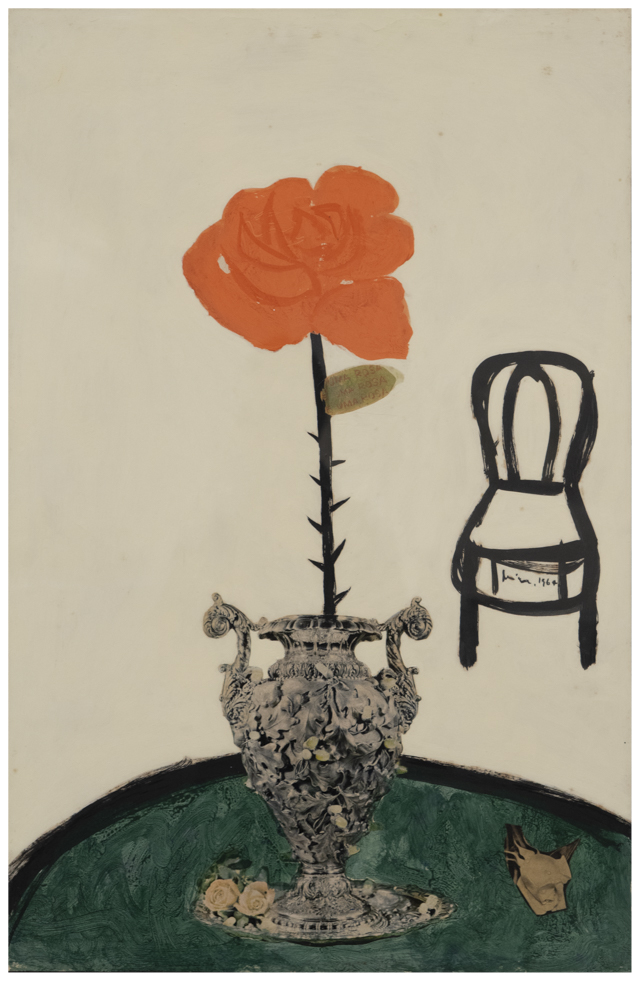
Sem título, 1964
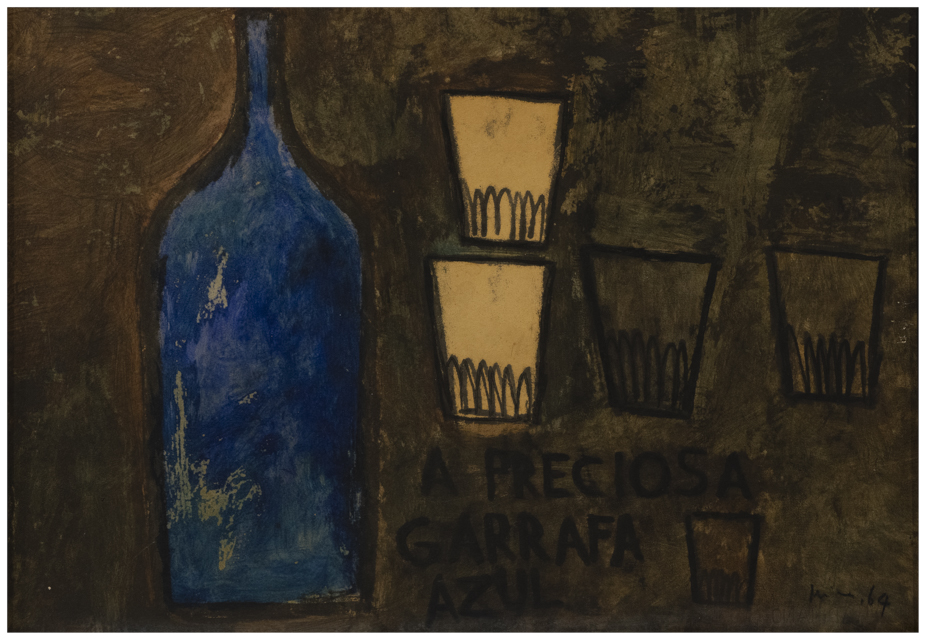
Sem título, 1964
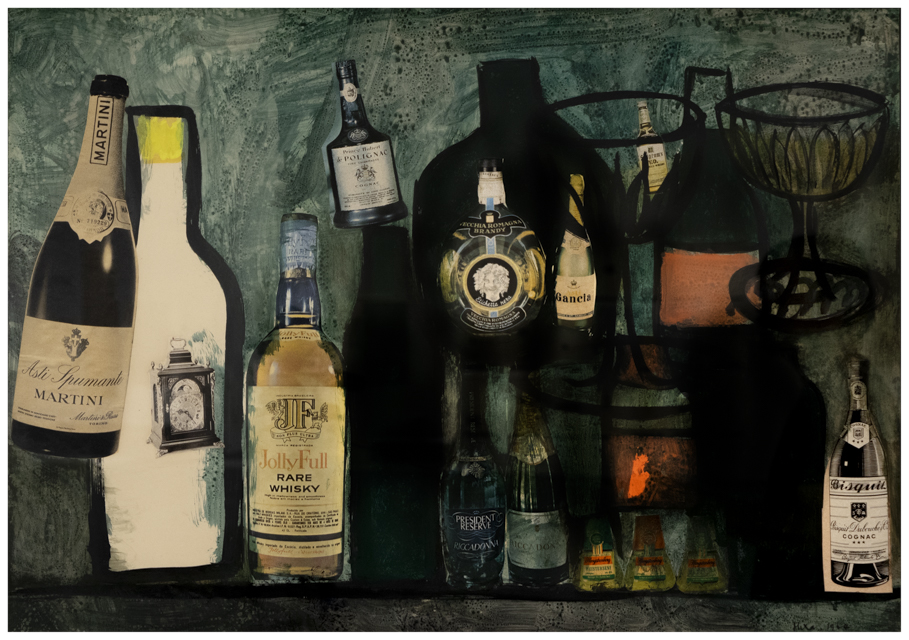
Sem título, 1964
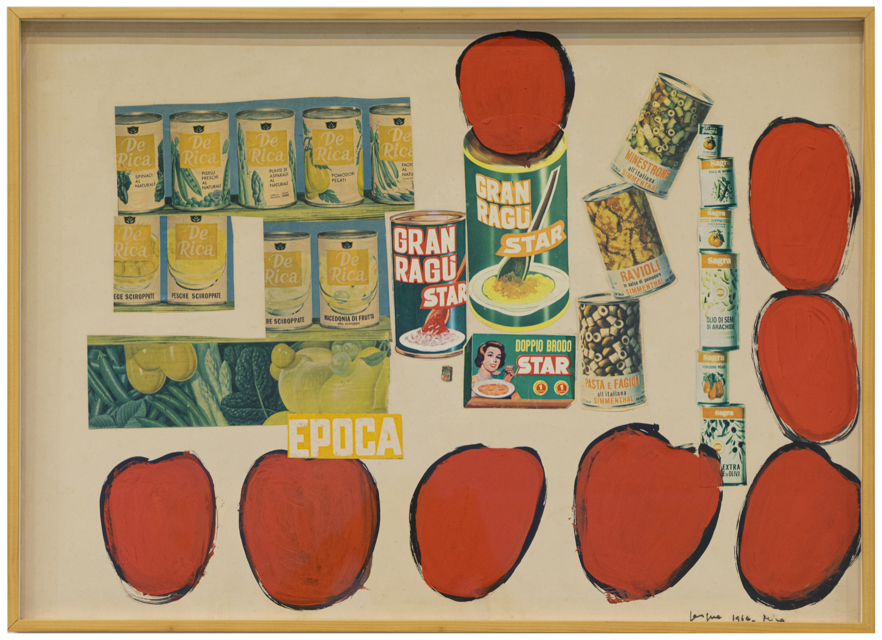
Sem título, 1964
